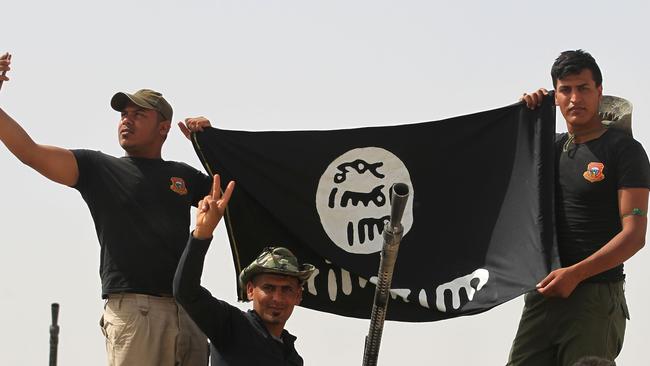Botched battle of Fallujah may unleash Islamic State 2.0
Islamic State has created rings of booby traps in Fallujah designed to wreak destruction on advancing forces.

Iraq has been warned that its campaign to conquer Fallujah could lead to the rise of “ISIS 2.0” should the government botch the attack and its aftermath.
Iraq’s armed forces — backed by Shia militias, Sunni tribesmen and coalition airstrikes — are facing 900 Islamic State fighters in the city of 50,000. The defenders have created rings of booby traps designed to wreak destruction on advancing forces, according to US military officials.
“They build entire houses into (bombs). Then if someone goes in there you’ve got enough explosives to blow the whole house up and wreck half the neighbourhood,” said Colonel Christopher Carver, spokesman for the anti-Islamic State coalition. “They’ve had heavy machine guns, artillery, mortars, mines and intricate defensive positions with tunnels.”
Despite the fortifications, Iraqi Prime Minister Haider al-Abadi has pledged a quick victory, claiming last week that troops would “hoist the Iraqi flag inside Fallujah in the coming few days”.
While he has pledged to avoid the sectarian bloodshed that has divided Iraq since the US-led invasion in 2003, Dr Abadi’s US allies are worried an all-out onslaught would defeat Islamic State militarily but open the door to its return in another form on a wave of Sunni dissatisfaction.
“If the Iraqi government is ever going to move forward and come to a place where they don’t fuel Daesh (Islamic State) 2.0 after we defeat them the first time ... then they have a lot of work to do,” said Colonel Carver. “We don’t want to see those cycles of violence start that we saw in the mid-2000s when we were here the last time.”
American veterans of previous assaults on Iraq’s “city of mosques” cautioned that the government would find it hard not to unleash sectarian militias.
“What you have masquerading as the so-called Iraqi army is the moderately enthusiastic group of ill-trained people in uniform, who are dependent almost entirely on American air power and American advisers to do pretty much anything,” said Douglas Macgregor, a retired US army colonel. “The Shi’ite militias ... are far more effective.”
A successful advance on Fallujah could help persuade disenfranchised Sunnis to support an offensive in Mosul — Islamic State’s de facto capital in Iraq. Winning over the Sunni population may rest on how much of Fallujah remains intact. If airstrikes, artillery fire and car bombs ruin the city, Islamic State could score a propaganda victory.
Um Afnan, 23, who escaped Fallujah on Friday with her husband and daughters, said the bombardment was fierce.
“Life is so difficult in the war, light and heavy weapons were used,” she said from a refugee camp. “We suffered under bombardment from both sides.”
Iraqi officials say that, post-Islamic State, there will be a month’s transition period, then the city will be handed to 5000 Fallujah police officers.
The government hopes that three months of training will be enough to return authority to the police, many of whom fled when ISIS invaded the city in 2013.
The Sunday Times


